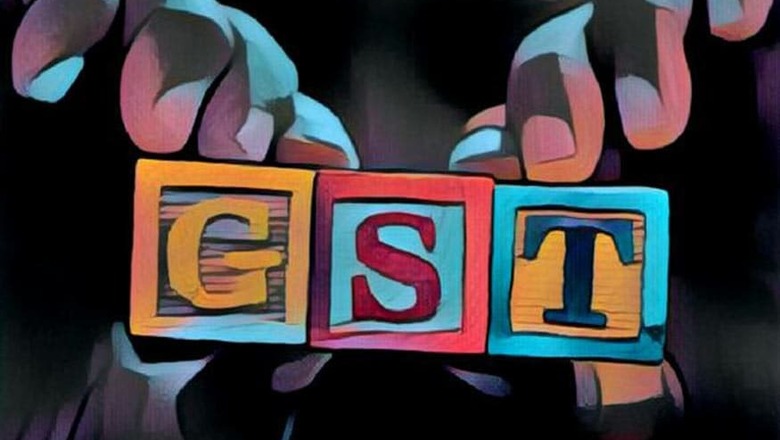
views
New Delhi: The commerce ministry will modify certain portions of the Foreign Trade Policy (FTP) to align it with the Goods and Services tax, which is to be rolled out from July 1.
The ministry also proposes to come out with the mid-year review of FTP, a few months ahead of the schedule, before the GST rollout.
The 5-year foreign trade policy (2015-20) provides a framework for boosting exports of goods and services besides creation of employment and increasing value addition.
The ministry was expected to complete the review by September but as the GST roll-out is scheduled from July 1. "We have to make changes in it and also prepone the completion of review," an official said.
In view of the GST, the ministry may have to make changes in chapters relating to incentives for exporters; duty exemption schemes; export promotion capital goods scheme and deemed exports. As there is no provision of ab-initio exemption in the GST, exporters would have to pay the duties and then seek the refund.
"Due to these provision, the language of the policy requires certain changes," the official added.
FTP was announced in 2015 and it was stated that the ministry would conduct a mid-term review in September to see whether any tweaking is required in the policy to promote shipments. The policy sets a target of taking India's exports of goods and services to $900 billion by 2020. In 2016-17, India's merchandise shipments aggregated at $275 billion.
Further, manufacturing exporters have raised certain concerns over refund of duties and according to the Federation of Indian Export Organisations (FIEO) a certain portion of working capital would be blocked in the process with the government for about three months.
As per estimates, over Rs 1.85 lakh crore working capital of exporters may get stuck annually with the government under the GST. Blocking of this amount would push up the manufacturing cost of exporters as they have to borrow more from banks.
FIEO Director General Ajay Sahai said the government should prepare a software to ensure that refunds are granted quickly. He added that the interest rates are about 12-15 percent in India and borrowing at this rate would push up exporters' manufacturing cost.
The commerce ministry had earlier pressed the GST Council to keep exports out of the framework of the new indirect tax regime and levy lower taxes on labour-intensive sectors like leather, cement and plantation. Refund of taxes takes about six to eight months and hence it is necessary to give an ab-intio exemption to exporters.
Currently exporters are exempted from paying taxes. But under the GST regime, they have to pay the duties and then seek refunds.




















Comments
0 comment